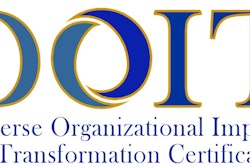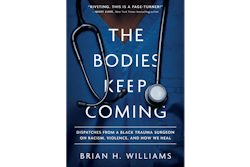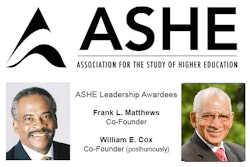Research about university performance regarding diversity and climate matters is ongoing. However, few surveys inquire directly about institutional performance regarding the plight of diversity professionals responsible for instilling and modeling transformative leadership. Diverse: Issues In Higher Education and Coop Di Leu have partnered to create the DOIT (Diverse Organizational Impact and Transformation) certification program.
DOIT is a mechanism that will certify an institution’s progress on diversity and inclusion — specifically related to how diversity professionals are attracted, onboarded, retained and promoted. We ultimately seek to recognize institutional efforts by learning what institutions are doing or not doing to transform everyday experiences for their students, faculty and staff. However, progress begins by illuminating facets of institutional work-life that impact the diversity officer’s role. As a part of the DOIT certification process, a series of surveys have been designed to reveal levels of intentionality by institutions in four areas. These areas are collectively referred to as Institutional Pillars for Transformation (IPTs).
With this article, Pillar III, Institutional Climate, is examined. Pillar III involves the intentional creation, publicity and enforcement of events, messages, symbols and values that impact the degree to which all students, faculty and staff experience a welcoming environment.
Below are five schools that received the grade of B and two that received an A, noting exceptional efforts and impact in this area. You can find more information on the DOIT survey methods as well as the other three pillars here.
Adams State University
Receiving a B grade, Adams State University is a public Hispanic-serving institution (HSI) in Alamosa, Colorado with approximately 3,500 undergraduate students, over 50% of whom are from underrepresented populations as well as first-generation and low-income students. Associate vice president for academic affairs and HLC accreditation liaison officer Margaret Doell says Adams has been intentional in efforts to meet the needs of a diverse population and make the campus a welcoming environment.
Over the past 20 years, Adams has hosted a series of equity institutes for faculty and staff — most recently online — that focus on biases, the challenges faced by different minoritized populations and how to employ equitable communication structures. The general education curriculum has become “The Adams Experience,” which strives to embed equity, place-based learning and high impact practices into the curriculum and co-curriculum. Professional development has focused on helping faculty use culturally sensitive and active learning strategies in their classrooms.





















